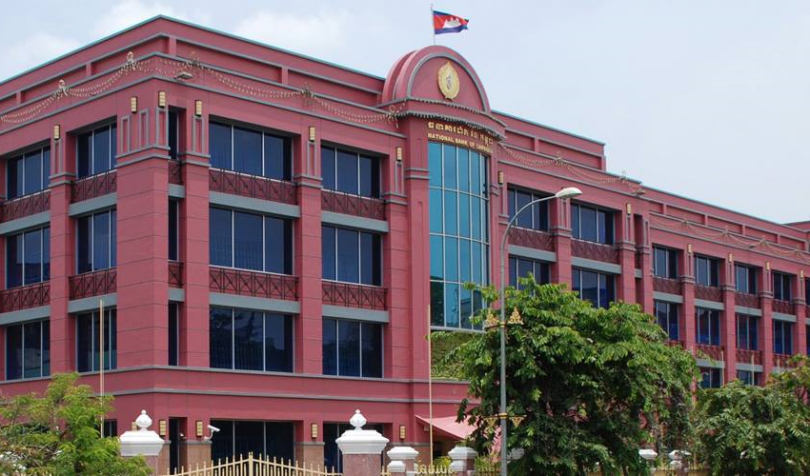On the 10th October, the National Bank of Cambodia (NBC) partnered with Malaysian Maybank for innovation in cross border payment and remittance. At the time, the central bank stated the two would work on real-time transfers and moving towards a cashless society.
Yesterday, it was revealed that the Maybank partnership was exploring blockchain for these goals. The bank’s assistant governor, Serey Chea, spoke to CNBC at the Women’s World Banking Summit.
“We’ve been experimenting with [blockchain] domestically for retail payments, but we wanted to see if we can make it happen for cross-border transactions,” she said.
She explained how many Cambodian citizens work in Malaysia and send some of their earnings back to family. These cross border transfers come with a fee of 10-15%, which is a significant proportion, particularly for low wage workers, many of which are Cambodian women.
To promote financial inclusion and streamline the process, blockchain is being explored to enable fast, low-cost international payments. Chea added that the wages sent home are sometimes not used for the intended purpose; paying bills, for example. This issue mainly affects women who send beneficiaries money to manage a household.
Instead, blockchain-enabled payments could allow them to pay utility companies directly, without the extra cost of making separate transfers. “This is a very powerful tool to empower women in terms of managing her finances,” stated Chea.
The NBC’s existing payment system, Bakong, and the Maybank2u digital platform will enable these cross border transfers. Bakong allows consumers to send money digitally with an app. They can use QR codes or phone numbers rather than long account numbers. A participating bank, Acleda, sees $17 million processed through the Bakong system every day.
Cross border payments and financial inclusion are active areas of research by central banks. The Canadian and Singaporean authorities have trialed blockchain for such transfers. A similar project by the Filipino UnionBank used the technology for remittances to and from Singapore.
Last week, the G7’s report on stablecoins found that people were using them for the speed and low cost compared with conventional cross border payments.







